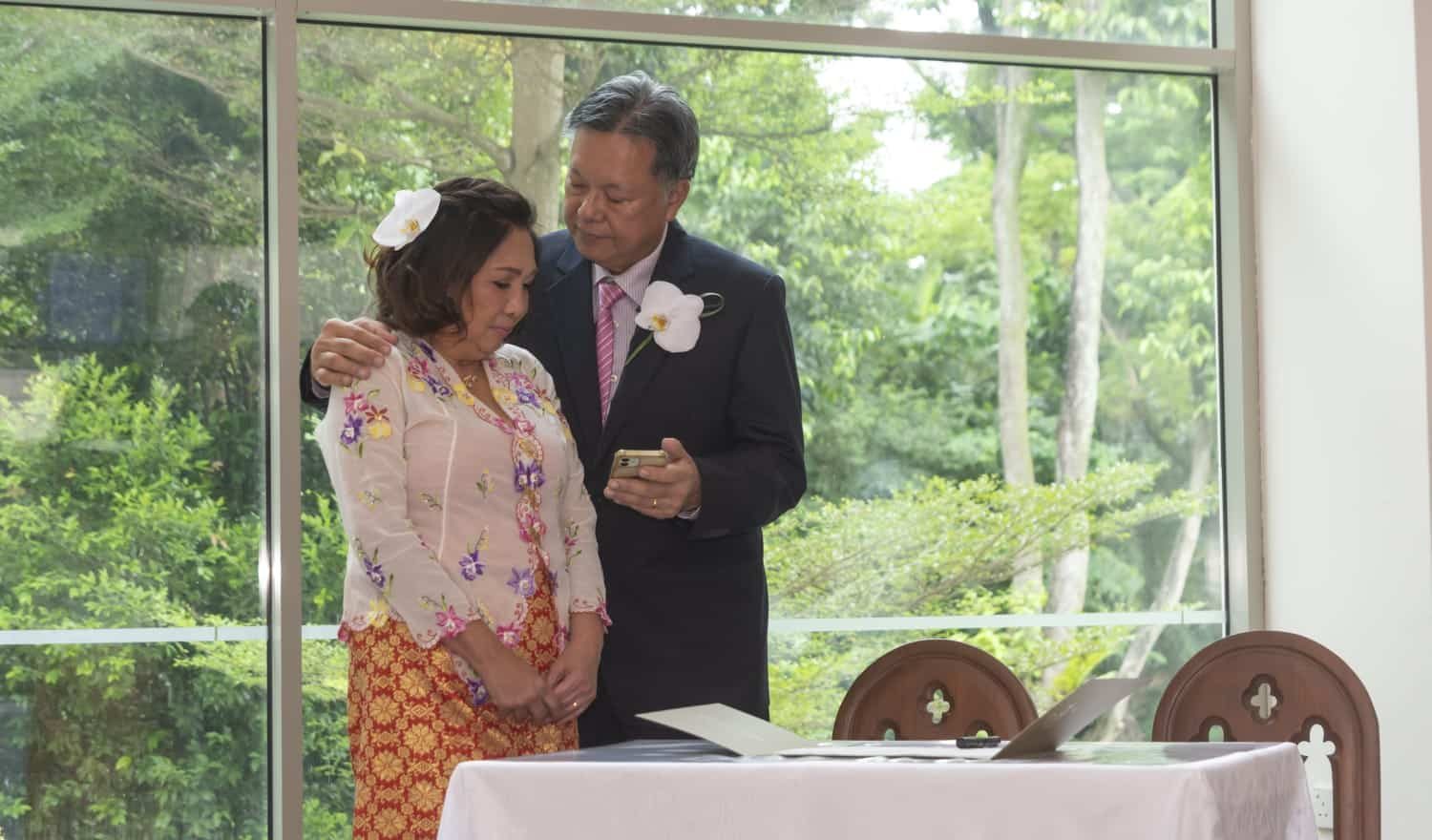Who Should I Vote For? A Christian Approach to the General Election
Looking at the 2025 General Election through a Christian lens.
Lai Pak-Wah & Dawn Yip // April 23, 2025, 11:14 pm

As Christians, our vote matters to God and needs to be submitted to His Lordship. Photo by Danist Soh on Unsplash.
Let’s get this out of the way first – this article will not tell you which party or person to vote for in the coming General Election!
However, we believe that as Christians, our vote matters to God and needs to be submitted to His Lordship. This article explores why, and what this might look like practically.
Biblical Context
We begin by recognising that the Bible does not offer specific teaching on voting.
Various political systems are mentioned in the Bible – the small shepherding communities of Abraham, the theocracy of the period of Judges, the monarchies of Israel, Egypt and Persia and, of course, the Roman Empire.
As Christians, our core identity is not to be found in party allegiances but in Christ.
But there were no democracies.
The closest system in antiquity that is similar to ours today, is non-biblical; that is the Athenian democracy (6th Century BC).
Even so, democracy then was quite different from ours today – only male citizens could vote, but not women nor slaves.
This brings us to our first point: If democracies did not exist in ancient times, neither did political parties, and even less so parties one might deem “more Christian” than others. Therefore, we should not obligate ourselves or others to vote for a particular party that we deem as “more Christian”.
As Christians, our core identity is not to be found in party allegiances but in Christ. We should therefore submit our political positions to His Lordship. In practice, this means inviting the Lord to guide and instruct us in our views.
Scripture Anchors
How do we do this? As always, a good place to start is with the Bible.
The Scriptures do provide insight as to how we should live as citizens of a nation, including democracies. In the Book of Romans, Paul instructs Christians to submit to the “governing authorities” (Romans 13:1-7).
Exercising our vote is one way to seek the good of our neighbour and our nation.
In Singapore’s context, this means obeying the laws of the country, and abiding by its governmental system and processes. For this reason, a Christian is to take seriously the democratic process, and to exercise our duty to vote.
We are also exhorted to “love your neighbour as yourself” and “seek the welfare of the city where I have sent you into exile, … for in its welfare you will find your welfare.” (Mark 12:30-31; Jeremiah 29:7) As Christians awaiting the Lord’s return, we are not simply to sit idly by, but to pursue the flourishing of our neighbours and our city.
Exercising our vote is one way to seek the good of our neighbour and our nation.
What criteria might we use as we consider which candidate and party to vote for? The prophet Micah offers this: That we are “to act justly and to love mercy and to walk humbly with your God” (Micah 6:8). Practically this means that we should look for candidates and parties who espouse these traits.
Character is crucial in any kind of leadership, especially political leadership.
Human history and the biblical narrative are littered with examples of nations that have failed due to the poor character of their leaders. (See 1 and 2 Kings.)
Our process
Terry Looper, in his book Sacred Pace, offers a simple discernment model, that we have applied to how to vote:
1. Stay in dialogue with Christ as we discern
Cultivate our relationship with Jesus. As we read articles, watch videos, attend rallies, and engage with social media, talk with Him. Share with Him what you think or feel, whether positive or negative, and importantly, attend to how He might answer.
2. Gather the facts
Find out as much as we can about the candidates and their parties – their character, goals and competencies. Seek facts and be alert to untruths or attempts to manipulate our emotions.
3. Watch the circumstances
Understand what is happening in and outside of Singapore, and therefore what kind of people and positions might be most needed in this season.
There are many issues of consequence; in Singapore’s case, these include our ageing/superageing population, domestic cohesion, our economic and workforce health, among others.
It is a challenge to understand them and how they interact, but let us try, so that we can make choices for “the welfare of the city”.
4. Go neutral
Avoid deciding on your candidate or party, and then asking God for His blessing. Instead, adopt a position of neutrality. By this we mean that you are genuinely open to vote for either candidate(s). Then seek honestly Christ’s guidance as to which party and candidate He wants us to vote for.
When we are neutral and are tuned into His Spirit, He will make His guidance clear to us. Often, this is a sense of peace that reigns.
All this still gives room for a range of views and choices, and we need not expect all Christians to share common positions on everything.
Our posture
While the Bible is not always prescriptive on policy, we believe it is much clearer on posture. So here are some final thoughts as we head towards Polling Day:
1. Respect and love all candidates as bearers of God’s image
Refrain from mocking or denigrating anyone. Attend to how you feel about the candidates. Don’t let negative or judgemental attitudes toward a fellow human seep into your heart. (We acknowledge this is hard!)
2. Honour the truth
Fact check where needed, and avoid forwarding claims that we haven’t verified.
3. Be a peace seeker/maker
Jesus’ prayer was that His people may be one. Within the Church, strive to avoid quarrelsomeness and conflict due to political differences.
4. Finally, stand on God’s sovereignty
He works through all our votes – whether for the ruling party or the opposition. It is not for us to dictate what others should do, but to steward our vote well.
And whether your preferred candidate/party wins or loses, let us place our confidence in God who will bring to completion His purposes.
RELATED STORIES
We are an independent, non-profit organisation that relies on the generosity of our readers, such as yourself, to continue serving the kingdom. Every dollar donated goes directly back into our editorial coverage.
Would you consider partnering with us in our kingdom work by supporting us financially, either as a one-off donation, or a recurring pledge?
Support Salt&Light



